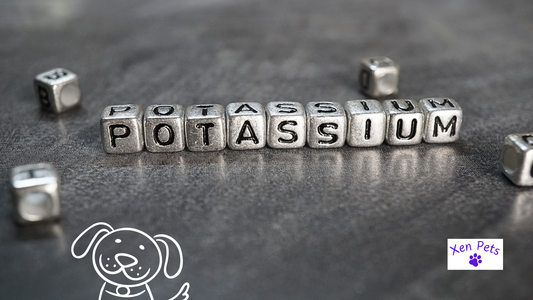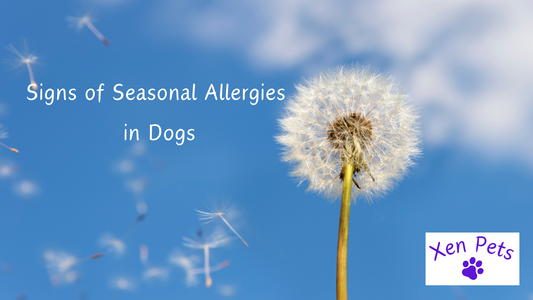10 Signs Your Dog Doesn't Like You
Tory JohnsonShare
Are you struggling to connect with your dog? Many dog owners have difficulty building a strong bond with their dogs.
Whether you have rescue dogs or puppies, here are 10 signs that your furry friend may not be feeling the love.
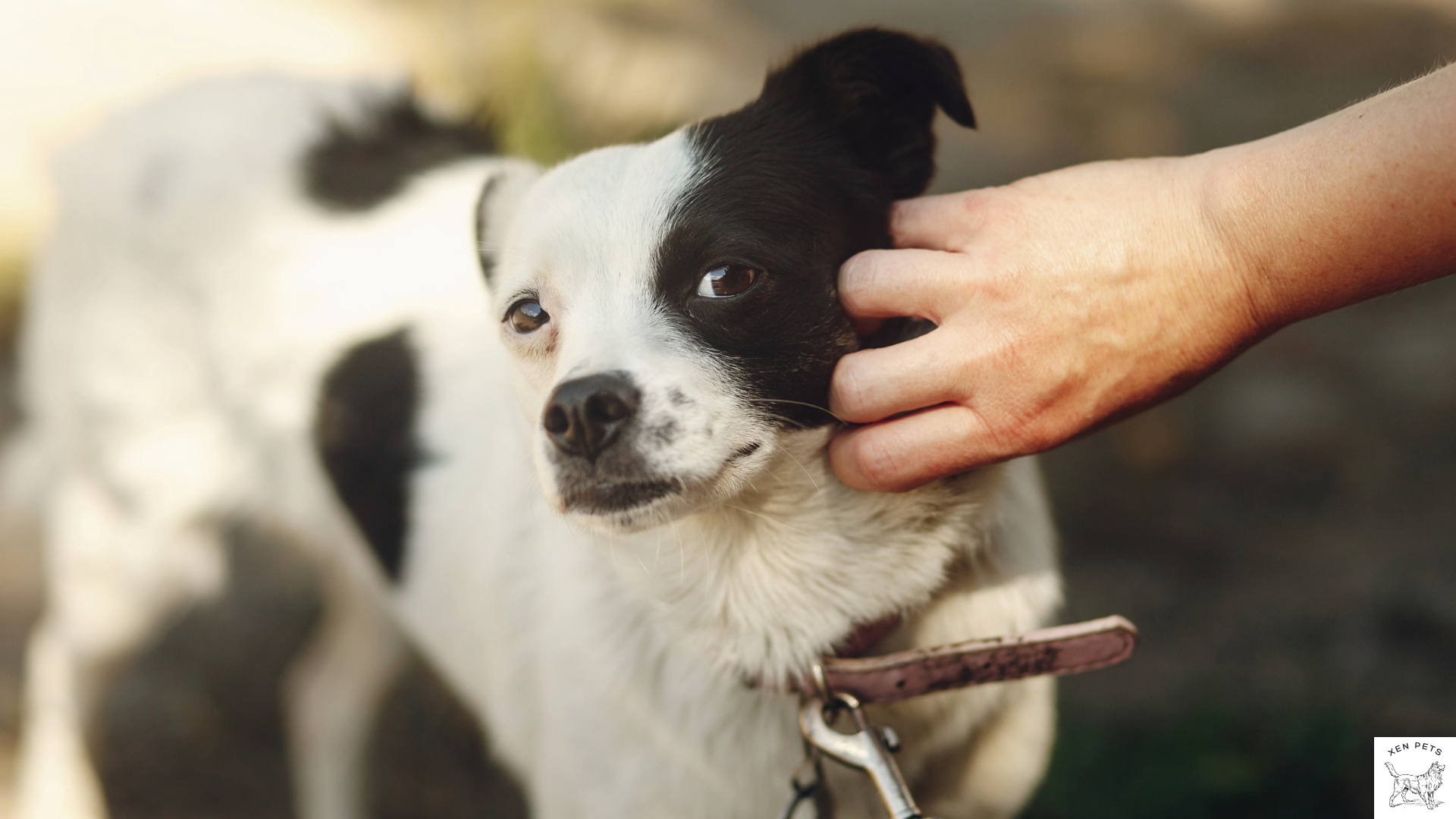
1. Your dog hides when you're around
If your dog hides from you, it could be a cause for concern - especially if it's becoming a common occurrence.
Although it's not the most likely explanation, a potential reason for this behavior could be that your dog doesn't like being around you.
2. Your dog doesn't want to play with you
It can be disheartening when your dog refuses to play with you. This behavior can mean they don't like you.
However, it's important to remember that dogs have their own unique personalities and preferences. While it may seem as though your dog doesn't like you, the reality is that there could be a variety of reasons why they're not in the mood to play.
Perhaps they're feeling anxious or stressed, or maybe they simply need some alone time.
3. They pin their ears back
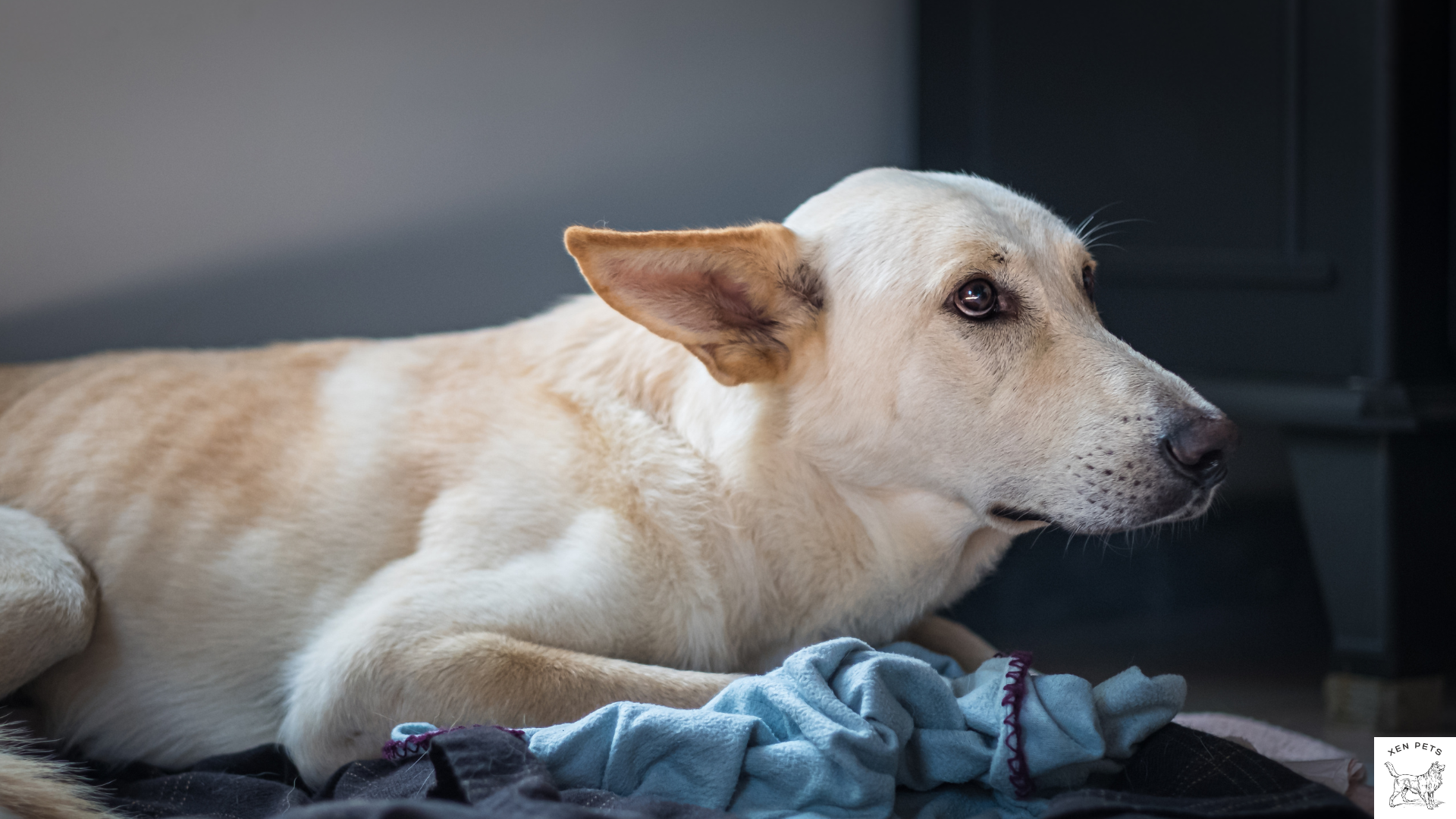
It's important to understand your dog's body language, as it can often tell us a lot about how they're feeling.
One common behavior that some may interpret as a sign of aggression or dislike is when a dog pins their ears back. However, this gesture actually indicates the opposite - that the dog is feeling anxious or fearful.
When dogs feel threatened or uncomfortable, they may flatten their ears against their head as a way to protect themselves.
4. Your dog constantly tucks their tail between their legs
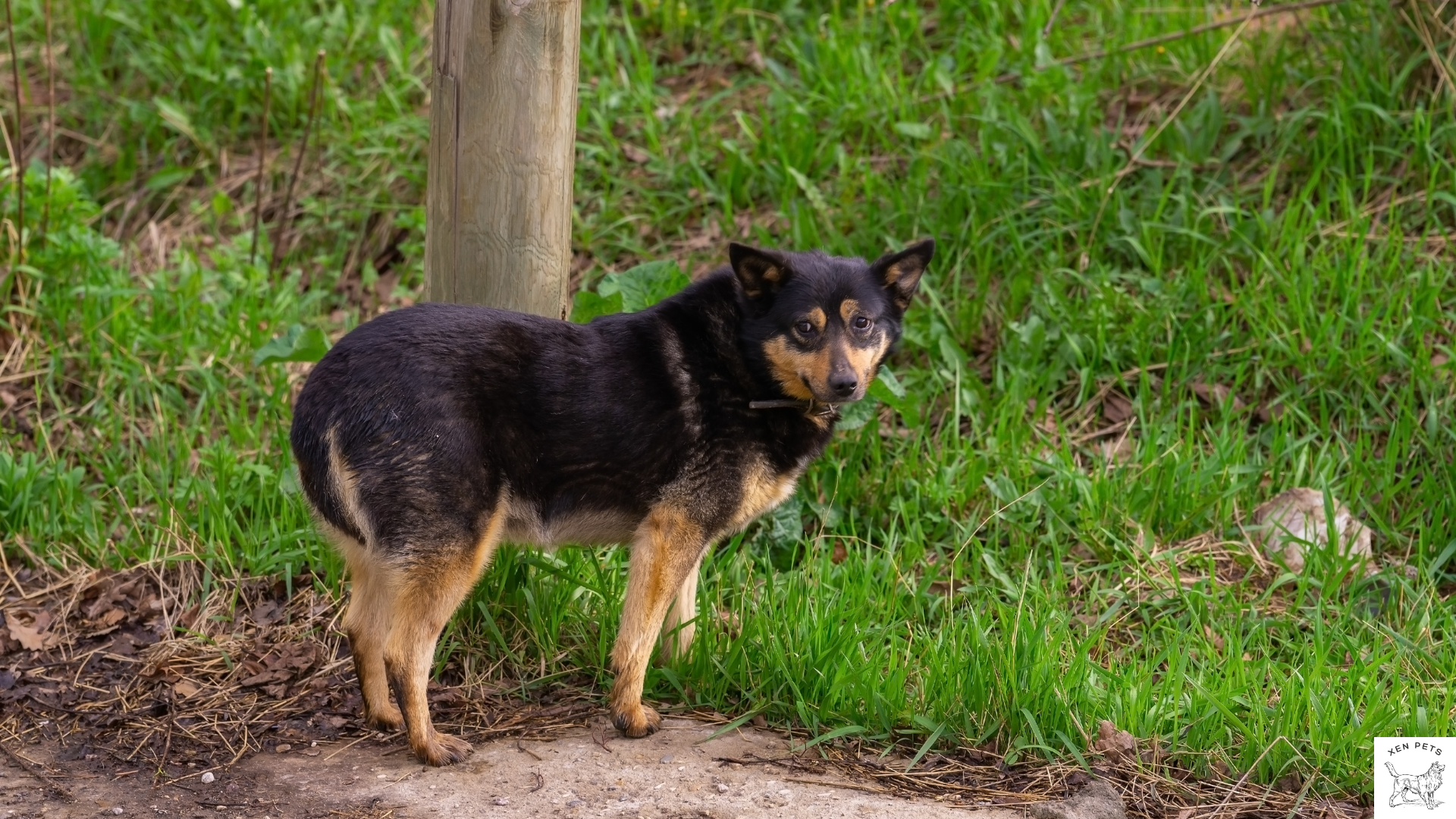
If you've ever seen a dog put its tail between its legs, you may have thought that the dog was scared or timid.
However, this interpretation is not always correct. Rather than being a sign of fear or dislike, a dog's tail position can indicate a variety of emotions. For example, a tucked tail can indicate anxiety or uncertainty, but it can also show submission or even respect.
5. They prefer playing with someone else
Some dogs might prefer the company of a stranger or another family member rather than their owner.
And while it may be hurtful to hear that your dog doesn't gravitate towards you, it's important to remember that it doesn't necessarily mean they dislike you.
6. They leave the room when you enter it
If your dog doesn't feel particularly fond of you, they may just get up and leave the room when you enter.
It's not personal, it's just a matter of preference for some dogs.
7. They try to assert dominance

If a dog is not fond of their owner, they may try to assert dominance over them. This can show itself in various behaviors, such as growling, barking, nipping, or even biting.
It's important to understand that this behavior is not an indication of a "bad" dog, but rather a response to their own perceptions and feelings.
If you're experiencing this kind of behavior from your dog, it's crucial to identify and address the root cause.
8. They don't like being touched by you
One obvious sign that your dog may not want to interact with you is if they shy away or flinch from being touched or petted. Not all dogs like to be touched but this could be a sign your dog doesn't like you.
Although it can be difficult to know why your pup is acting this way, there are a few common reasons that may be influencing your dog's behavior. A dog trainer may help identify additional reasons.
9. They avoid sleeping near you
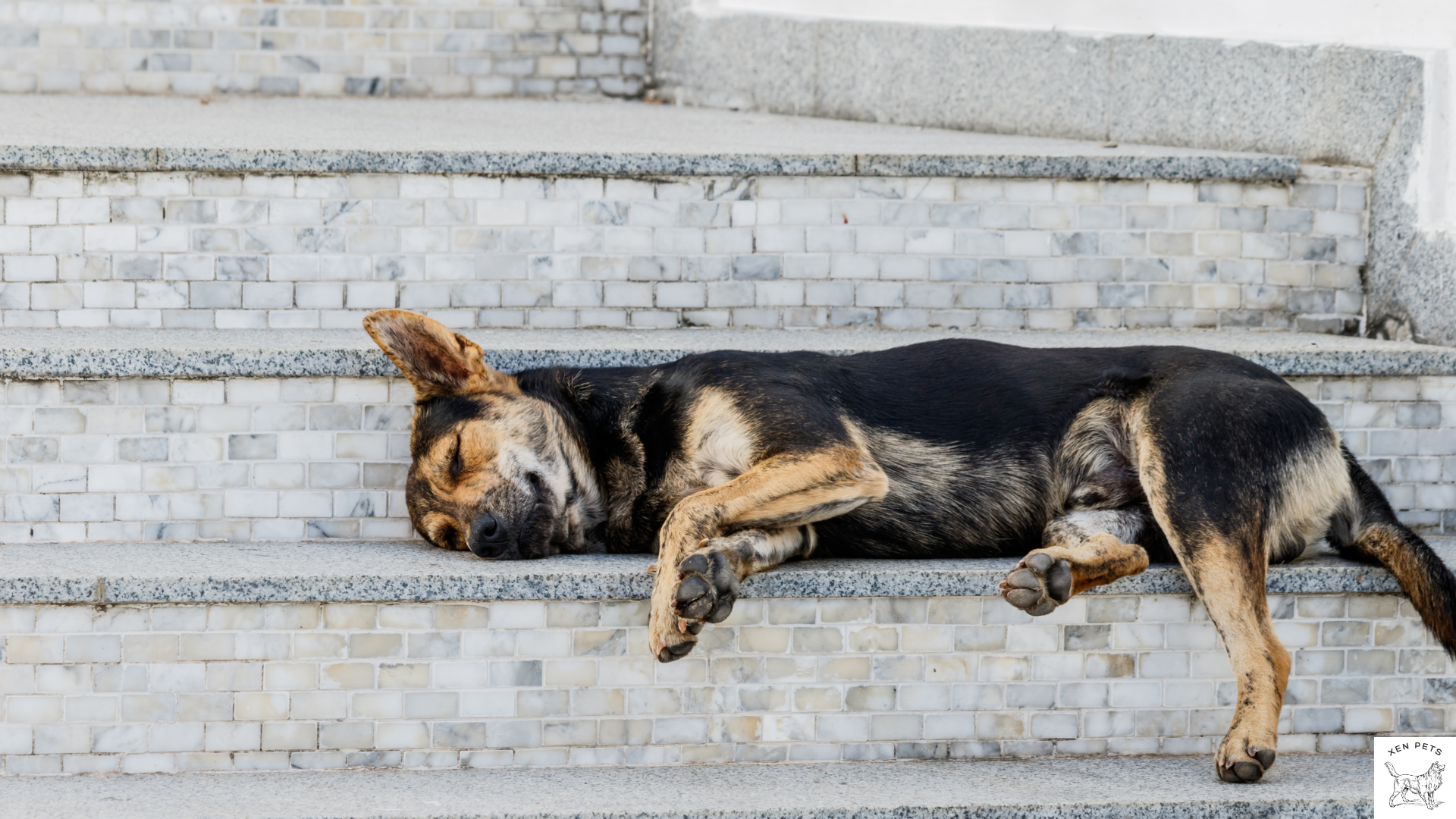
A common sign of this lack of attachment is if a dog avoids sleeping near their owner. Dogs are social animals and bond strongly with their pack, which includes their humans.
When a dog feels comfortable and safe around their owner, they may choose to sleep nearby as a way to reinforce their bond.
But if a dog doesn't feel the same connection, they may choose to sleep elsewhere.
10. They refuse to eat around
Dogs are highly emotional animals and pick up on their owner's mood and emotions.
Dogs dislike hostility and anger, they may become wary of their owner and refuse to eat in their presence.
It's important to foster a relationship with your dog through love, care, positive reinforcement, and attention to avoid such situations.









